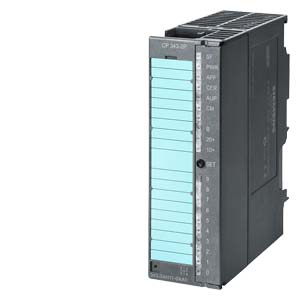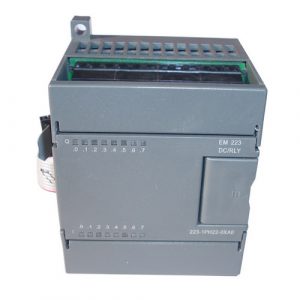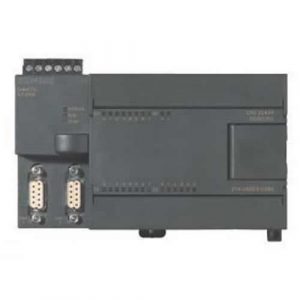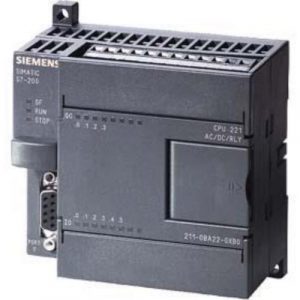Description
Order No.: 6GK73432AH110XA0
Model No.: SIMATIC NET, CP 343-2P Communications processor for Connection of SIMATIC S7-300 and ET 200M to AS-Interface configurable with STEP 7 according to AS-Interface Specification V3.0
Overview of S7-300
- The modular mini PLC system for the low and mid-performance ranges
- With comprehensive range of modules for optimum adaptation to the automation task
- Flexible use through simple implementation of distributed structures and versatile networking
- User-friendly handling and uncomplicated design without a fan
- Can be expanded without problems when the tasks increase
- Powerful thanks to a range of integrated functions
Application of S7-300
SIMATIC S7-300 is the mini PLC system for the lower and medium performance ranges.
The modular and fan-free design, simple implementation of distributed structures, and convenient handling make the SIMATIC S7-300 the cost-effective and user-friendly solution for the most diverse tasks in the low-end and mid performance ranges.
Application areas of the SIMATIC S7-300 include:
- Special machinery
- Textile machines
- Packaging machinery
- General mechanical equipment manufacture
- Controller building
- Machine tool manufacture
- Installation systems
- Electrical/electronics industry and the skilled trades
Several performance-graded CPUs and a comprehensive range of modules with a host of user-friendly functions allow you to use only those modules necessary for your application. In the case of task expansions, the controller can be upgraded at any time by means of additional modules.
SIMATIC S7-300 can be used universally:
- Maximum suitability for industry thanks to high electromagnetic compatibility and high resistance to shock and vibration.
S7-300 PLC Technical specifications
Technical specifications
|
General technical data |
|
|
Degree of protection |
IP20 according to IEC 60 529 |
|
Ambient temperature |
|
|
0 to 60 °C |
|
0 to 40 °C |
|
Relative humidity |
10 to 95%, non-condensing, corresponds to relative humidity (RH), stress level 2 acc. to IEC 61131, Part 2 |
|
Air pressure |
From 1080 to 795 hPa (corresponds to an altitude of -1000 to +2000 m) |
|
Insulation |
|
|
500 V DC test voltage |
|
2500 V DC test voltage |
|
4000 V DC test voltage |
|
Electromagnetic compatibility |
Requirements of the EMC directive; |
|
Test according to: |
|
Test according to: |
|
Interference emission according to EN 50081-2 Test according to: Interference emission via AC mains according to EN 55011: |
|
Mechanical strength |
|
|
Frequency range 10 Hz ≤ f ≤ 58 Hz
Frequency range 58 Hz ≤ f ≤ 150 Hz
Testing according to IEC 60068-2-6 5 Hz ≤ f ≤ 9 Hz, constant amplitude 3.5 mm; Duration of oscillation: 10 frequency passes per axis in each direction of the 3 mutually perpendicular axes |
|
Testing according to IEC 60068-2-27 Half-sine wave: Shock direction: 3 shocks each in ± direction in each of the 3 mutually vertical axes |





